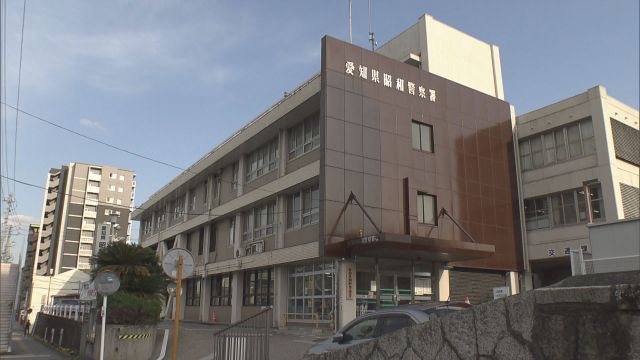A 78-year-old man from Nagoya’s Meito Ward was arrested for allegedly submitting fake welfare applications under a fictitious identity and defrauding approximately 4.55 million yen.
The suspect, identified as 78-year-old unemployed Tsunekawa Takayoshi from Meito Ward, was arrested on suspicion of fraud.
According to police, Tsunekawa allegedly submitted falsified applications under a fake identity to the Showa Ward social welfare office, where he previously resided, over a three-year period starting in 2019. He is suspected of fraudulently receiving welfare payments 43 times, totaling over 4.55 million yen.
During questioning, Tsunekawa admitted to the allegations.
Police say he concealed his pension income and falsified documents required for welfare benefits by altering his name and age.
The stolen money is believed to have been used for debt repayment, living expenses, and gambling.
Since Tsunekawa had moved to other wards within Nagoya, police are investigating whether he repeatedly committed similar fraud using the same method.
Nagoya’s Meito Ward
Nagoya’s Meito Ward is a residential and cultural district in eastern Nagoya, known for its blend of modern amenities and historical charm. It is home to the famous Shirotori Garden, a traditional Japanese landscape garden that reflects the area’s connection to nature and samurai history. The ward also features educational institutions and peaceful neighborhoods, making it a harmonious mix of past and present.
Aichi Prefectural Police Showa Station
The Aichi Prefectural Police Showa Station is a local police station in Aichi Prefecture, Japan, serving the Showa Ward of Nagoya. Established to maintain public safety and order, it operates under the broader Aichi Prefectural Police Department. While specific historical details about this station are limited, it plays a key role in community policing and crime prevention in its district.
Showa Ward social welfare office
The Showa Ward Social Welfare Office is a local government facility in Nagoya, Japan, dedicated to providing social services and support to residents of Showa Ward. Established to assist with welfare programs, healthcare, and community support, it plays a key role in aiding vulnerable populations, including the elderly, disabled, and low-income families. While its exact founding date is unclear, it operates as part of Japan’s broader social welfare system, which expanded significantly in the post-World War II era to promote public well-being.






